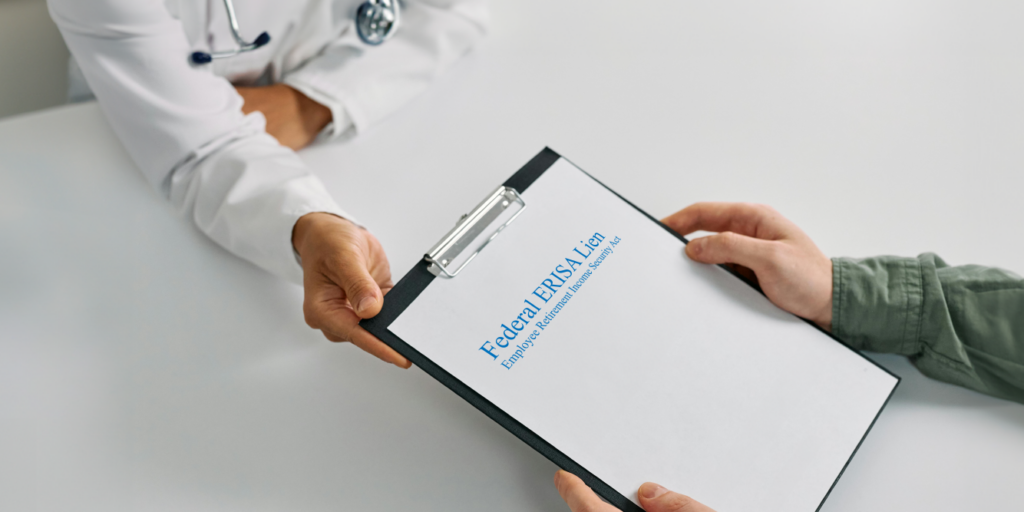
San Bernardino, California, is known for hosting vibrant EDM raves that unite people through music and shared experiences. However, despite their high-energy appeal, there are often hidden risks at raves that may lead to accidents. Slip and fall incidents, inadequate crowd management, or other hazards can quickly turn excitement into uncertainty. When these incidents happen, the aftermath can feel overwhelming. For this reason, recognizing potential dangers and taking preventive steps are crucial for staying safe and protecting your rights when challenges arise.
Potential Hidden Risks Raves To Be Aware Of
Drugs and Alcohol-Related Incidents
While caught in the moment, impaired judgment caused by substance use often leads to accidents and injuries. Previous data has shown that dehydration, exhaustion, potential conflict with other attendees, driving accidents, and fatalities can result from overindulgence.
Slip and Fall Accidents
At raves, spilled drinks, uneven surfaces, or poor lighting often create a dangerous environment. These factors, paired with poorly maintained grounds, can increase the risk of accidents, such as sprains, fractures, or other serious injuries. If the venue neglects to remedy conditions, the injured party may be entitled to pursue compensation.
Camping Risks
Multi-day raves often involve camping, which introduces unique risks. Faulty equipment, inadequate security, or event management failing to address potential extreme weather conditions can lead to dehydration or other preventable injuries. The events at Wonderland showed an unsupervised gathering area can quickly escalate into a high-risk environment.
Measures to Take
Stay Hydrated and Test Everything for Potential Dangers
Dehydration and drug-related incidents are common at raves. To minimize these risks, drink plenty of water throughout the event, avoid accepting substances from unknown individuals, and use testing kits to ensure safety.
Navigate Crowds Safely and Remain Vigilant
Crowded and dimly lit areas often present hazards. Pay attention to your surroundings and take your time moving through the crowd to avoid slips, trips, or collisions. Using a flashlight or phone light can help identify obstacles and minimize risks.
If Injured, Seek Medical Help Immediately
Many raves provide medical tents with trained professionals to address injuries or emergencies. Do not hesitate to visit these facilities for prompt treatment, as early intervention can prevent complications.
Report The Incident and Gather Information
When an injury occurs, notify event staff or security about the injury and collect a copy of the report. Document the details, take photos, gather witness statements, and secure any evidence that may support your case later.
Talk to Our Team at Fielding Law
We are dedicated to ensuring your rights are protected and your case is handled with care. Consult with one of our expert attorneys at Fielding Law to guide you effectively through the complexities of the legal process.
Expert Guidance For Rave Injuries
Hidden risks at raves, including the potential for personal injuries, can bring uncertainty, ensuring the justice you deserve does not have to be difficult. Our incredible team at Fielding Law is dedicated to helping injury victims reclaim their losses. Reach out to us at 833.88.SHARK for a free consultation, and let us stand by your side every step of the way.
Note: Information provided is for educational purposes and does not constitute legal advice. Always consult with a qualified attorney for legal concerns.









